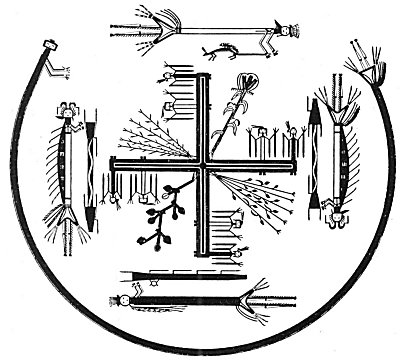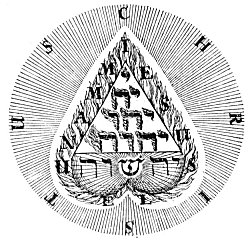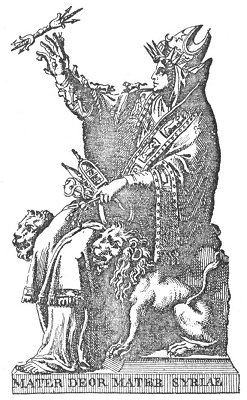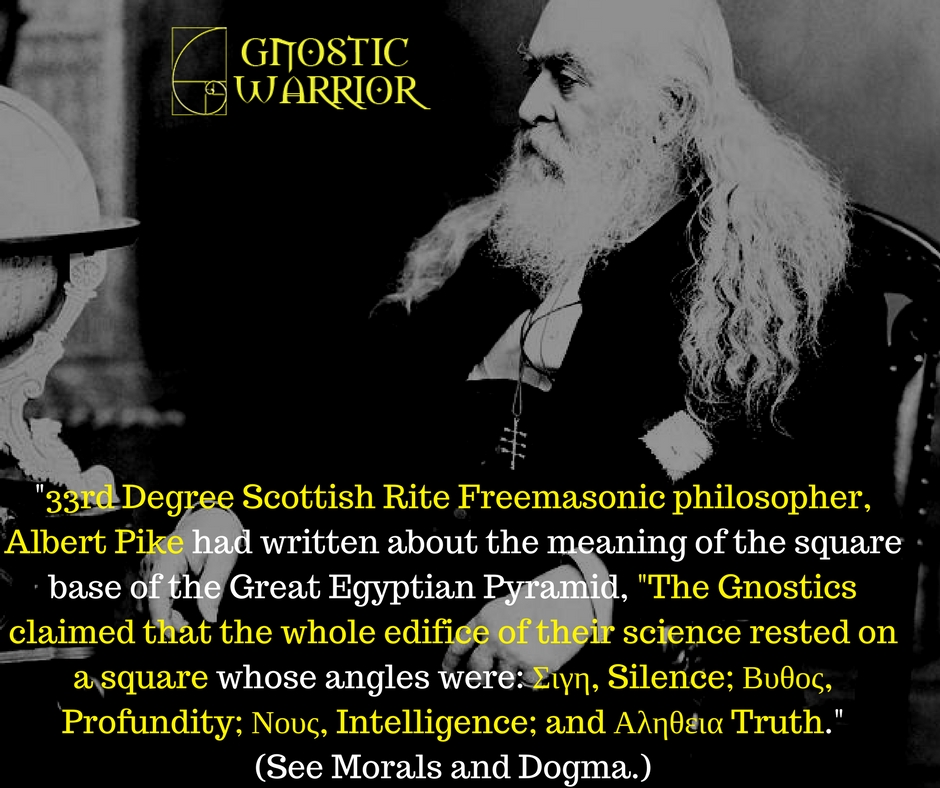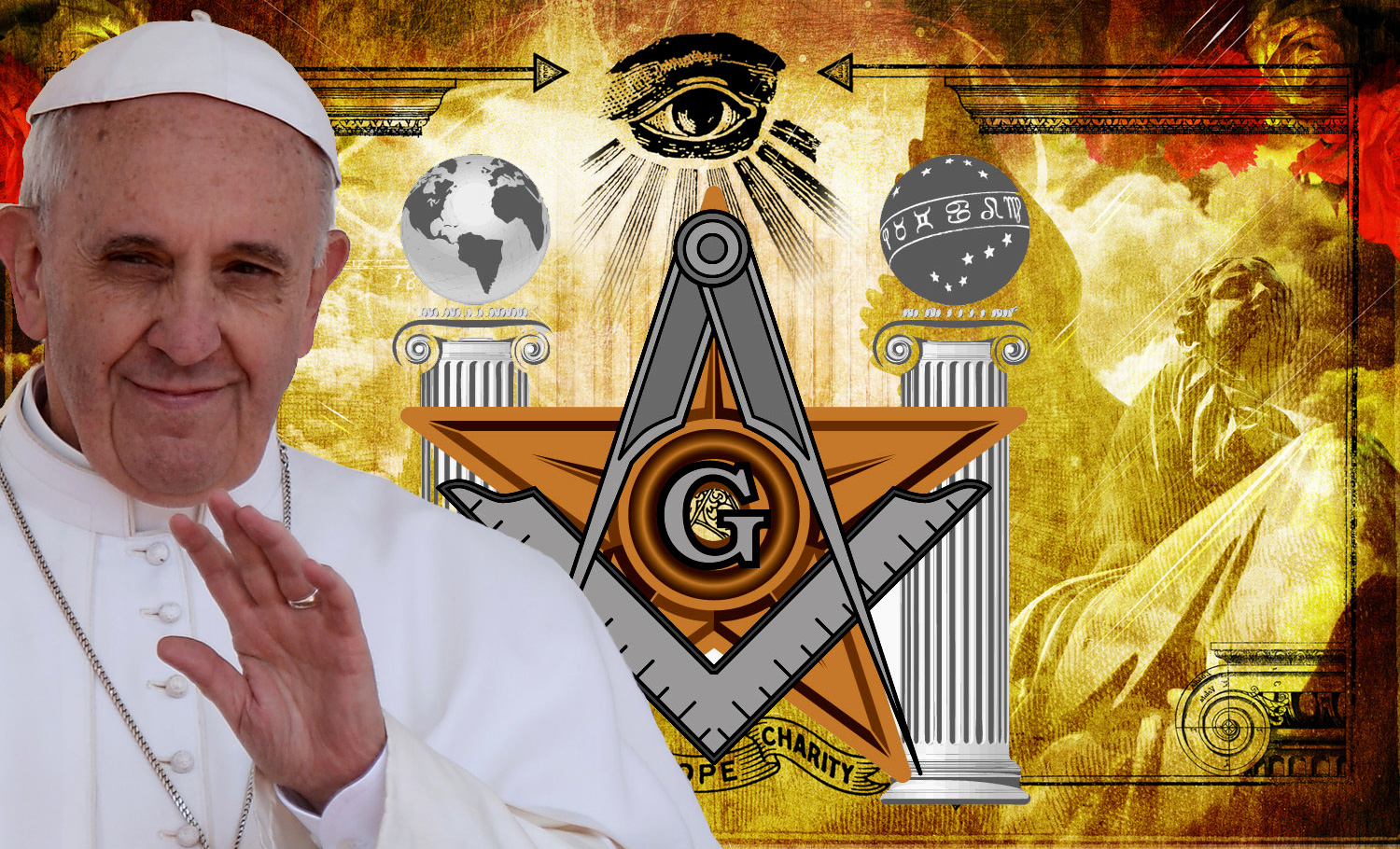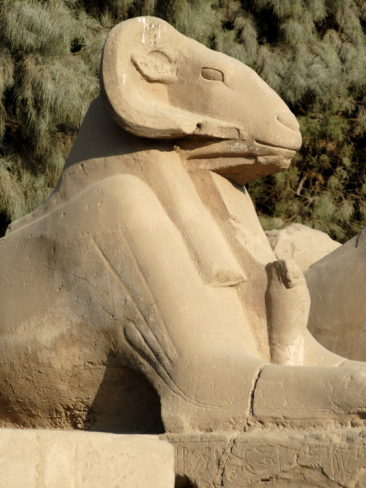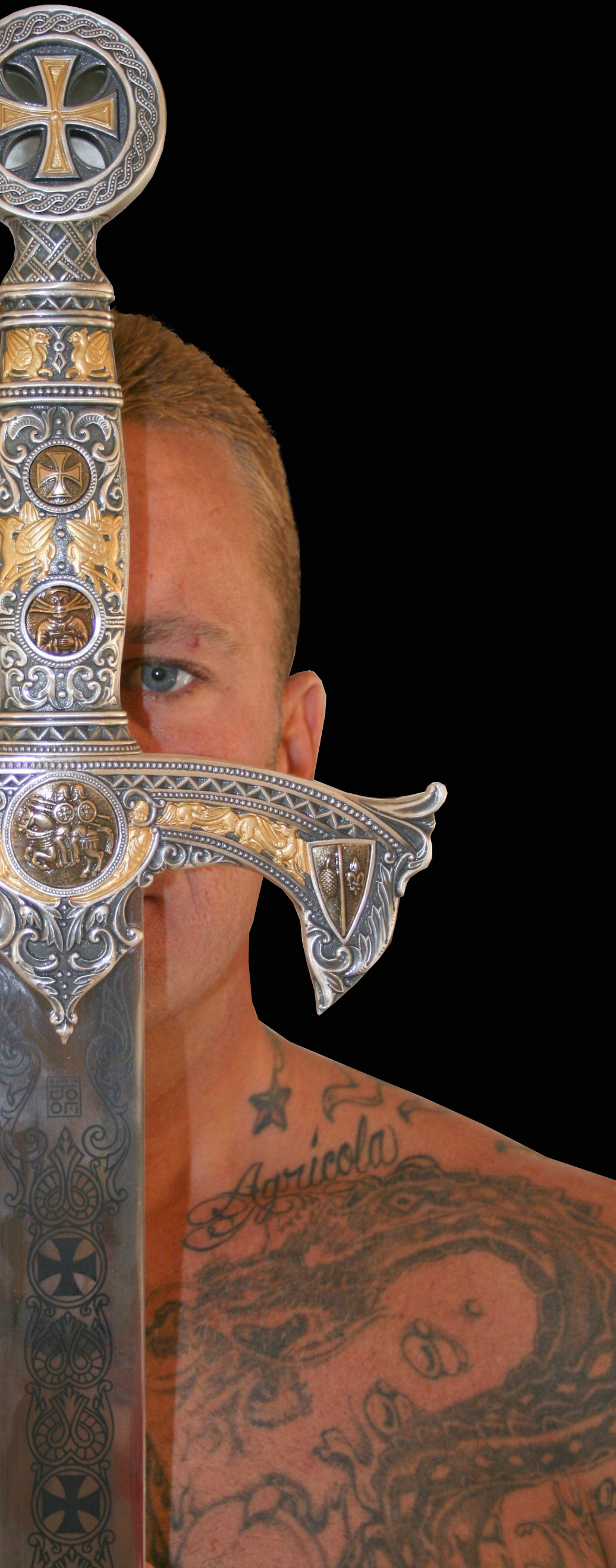The mysteries of the Islamic faith are now in the keeping of the dervishes–men who, renouncing worldliness, have withstood the test of a thousand and one days of temptation. Jelal-ud-din, the great Persian Sufic poet and philosopher, is accredited with having founded the Order of Mevlevi, or the “dancing dervishes,” whose movements exoterically signify the motions of the celestial bodies and esoterically result in the establishment of a rhythm which stimulates the centers of spiritual consciousness within the dancer’s body.
“According to the mystical canon, there are always on earth a certain number of holy men who are admitted to intimate communion with the Deity. The one who occupies the highest position among his contemporaries is called the ‘Axis’ (Qūtb) or ‘Pole’ of his time. * * * Subordinate to the Qūtb are two holy beings who bear the title of ‘The Faithful Ones,’ and are assigned places on his right and left respectively. Below these is a quartette of ‘Intermediate Ones’ (Evtād); and on successively lower planes ate five ‘Lights’ (Envār), and seven ‘Very Good’ (Akhyār). The next rank is filled by forty ‘Absent Ones’ (Rijal-i-ghaib), also termed ‘Martyrs’ (Shuheda). When an ‘Axis’ quits this earthly existence, he is succeeded by the ‘Faithful One’ who has occupied the place at his right hand. * * * For to these holy men, who also bear the collective titles of ‘Lords of Souls,’ and ‘Directors,’ is committed a spiritual supremacy over mankind far exceeding the temporal authority of earthly rulers.” (See Mysticism and Magic in Turkey, by L. M. J. Garnett.)
The Axis is a mysterious individual who, unknown and unsuspected, mingles with mankind and who, according to tradition, has his favorite seat upon the roof of the Caaba. J. P. Brown, in The Dervishes, gives a description of these “Master Souls.”
FREEMASONRY’S PRICELESS HERITAGE
The sanctum sanctorum of Freemasonry is ornamented with the gnostic jewels of a thousand ages; its rituals ring with the divinely inspired words of seers and sages. A hundred religious have brought their gifts of wisdom to its altar; arts and sciences unnumbered have contributed to its symbolism. Freemasonry is a world-wide university, teaching the liberal arts and sciences of the soul to all who will hearken to its words. Its chairs are seats of learning and its pillars uphold an arch of universal education. Its trestleboards are inscribed with the eternal verities of all ages and upon those who comprehend its sacred depths has dawned the realization that within the Freemasonic Mysteries lie hidden the long-lost arcana sought by all peoples since the genesis of human reason.
The philosophic power of Freemasonry lies in its symbols–its priceless heritage from the Mystery schools of antiquity. In a letter to Robert Freke Gould, Albert Pike writes:
“It began to shape itself to my intellectual vision into something more imposing and majestic, solemnly mysterious and grand. It seemed to me like the Pyramids in their loneliness, in whose yet undiscovered chambers may be hidden, for the enlightenment of coming generations, the sacred books of the Egyptians, so long lost to the world; like the Sphynx half buried in the desert. In its symbolism, which and its spirit of brotherhood are its essence, Freemasonry is more ancient than any of the world’s living religions. It has the symbols and doctrines which, older than himself, Zarathustra inculcated; and ii seemed to me a spectacle sublime, yet pitiful–the ancient Faith of our ancestors holding out to the world its symbols once so eloquent, and mutely and in vain asking for an interpreter. And so I came at last to see that the true greatness and majesty of Freemasonry consist in its proprietorship of these and its other symbols; and that its symbolism is its soul.”
Though the temples of Thebes and Karnak be now but majestic heaps of broken and time-battered stone, the spirit: of Egyptian philosophy still marches triumphant through the centuries. Though the rock-hewn sanctuaries of the ancient Brahmins be now deserted and their carvings crumbled into dust, still the wisdom of the Vedas endures. Though the oracles be silenced and the House of the Mysteries be now but rows of ghostly columns, still shines the spiritual glory of Hellas with luster undiminished. Though Zoroaster, Hermes, Pythagoras, Plato, and Aristotle are now but dim memories in a world once rocked by the transcendency of their intellectual genius, still in the mystic temple of Freemasonry these god-men live again in their words and symbols; and the candidate, passing through the initiations, feels himself face to face with these illumined hierophants of days long past.

Moe is the founder of GnosticWarrior.com. He is a father, husband, author, martial arts black belt, and an expert in Gnosticism, the occult, and esotericism.

